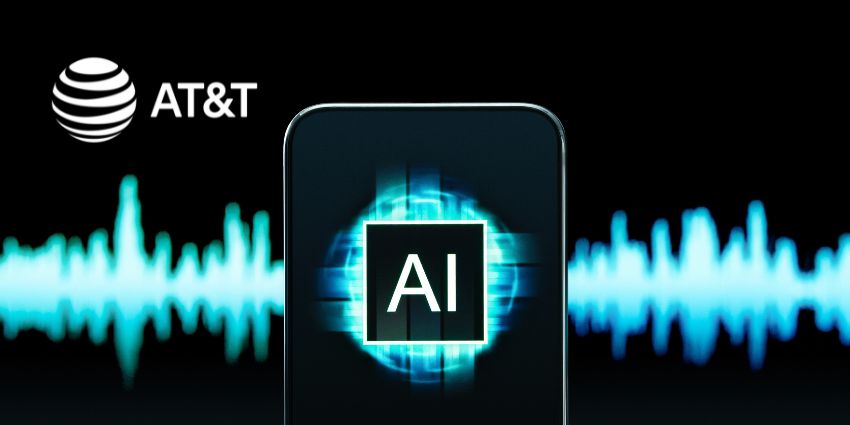The Moscone Center in San Francisco was the venue for Google’s biggest ever cloud event, Google Cloud Next 2018. Google have placed a heavy focus on cloud and the event is part of their wider strategy which is to make Google Cloud a critical aspect of its overall business in the future. A huge amount has been invested to utilise emerging technologies like artificial intelligence (AI) and machine learning (ML) within its offering, as well as a large expenditure to expand the range of enterprise services available. Google appeared to playing catch-up in the cloud market, trying to close the gap to the leading players Microsoft and Amazon, and has invested billions to improve its cloud infrastructure over the past 36 months.
With cloud the focus for the Google event, the American giant took the opportunity to showcase its newest technology developments including Cloud Functions, its serverless platform to compete directly with AWS Lambda and Azure Functions. They have also announced their new integration and delivery platform, Cloud Build, for rapid application development and deployment. G Suite has been updated with a number of new features aimed at simplifying the user experience as well as administration tasks such as monitoring security breaches. Their innovative use of AI continues with a new AI grammar checker in Google Docs. Also they announced that Google Drive will hit 1 billion users in the coming days.
Probably the key news was the expansion and optimisation of Google Clouds partner network. During her keynote speech, CEO of Google Cloud Diane Green, explained that over the last 18 months the number of technology partners had increased more than tenfold and in turn Google has increased its internal teams to support them. The selection of partners varies widely from large enterprise vendors such as VMware, NetApp, SAP and Cisco to smaller partners specialising in particular technology areas.
As well as a host of other news and new releases there were two announcements that were particularly pertinent to the unified communications and collaboration industries.
Their communication and collaboration platform Google Hangouts, which includes messaging, video chat, SMS and VoIP features, will now be enhanced by voice commands. The age old problem of initiating meetings remains a major pain point for users and Google aim to rectify this by enabling similar voice-enabled artificial intelligence technology it uses for Google Assistant in meeting hardware.
Announcements were made at the end of last year where Cisco or Polycom hardware could be enabled to launch meetings using Google. Although exact figures have not been made public Google have said that many of these Hangouts Meet-enabled meeting rooms have been setup. Users will soon be able to use basic voice commands to initiate meetings, add other users to the meetings and operate a host of additional functions. Using the same technology that consumers are accustomed to, with devices like Amazon Echo or Google Home, all of these voice triggered commands are aimed at reducing the complexity and strain of meetings in businesses.
Google Contact Center AI
The other relevant announcement for the communication and collaboration world was the expansion of Google’s enterprise services within the contact centre space. Their specialisation in artificial intelligence and machine learning has practical applications within the contact centre mainly around image processing and natural language recognition.
Diaglogflow is Google’s development suite for creating conversational interfaces. During Cloud Next, Google announced several updates for the platform which can all enhance agent and customer experience within the contact centre. Improved analytics tools aim to improve service by finding relevant historical customer data more quickly and making that available to agents and management to monitor trends. Agent assistance will also be enhanced by tools that can reference helpful information in the form of user manuals or related articles. There were also a raft of other enhancements announced including active spelling correction, improved sentiment analysis and processes to simplify complex documentation.
A host of leading contact centre providers announced plans to integrate with Google Cloud’s new Contact Center AI. The solution combines some of the above AI products to improve the customer service experience, as well as the productivity of contact centers and improve agent performance.
Rajen Sheth, Director of Product Management at Google Cloud explained how the suite can enhance partners offerings.
“Contact Center AI empowers enterprises to use AI to complement and enhance their contact centers. Google Cloud’s goal is to make it as easy as possible for our customers to use AI for contact centers through our relationships with key partners.”
Google Cloud Machine Learning Partners come with deep AI expertise and helps customers incorporate machine learning for a wide range of needs and use cases. The full list of their specific contact center partners is below:






